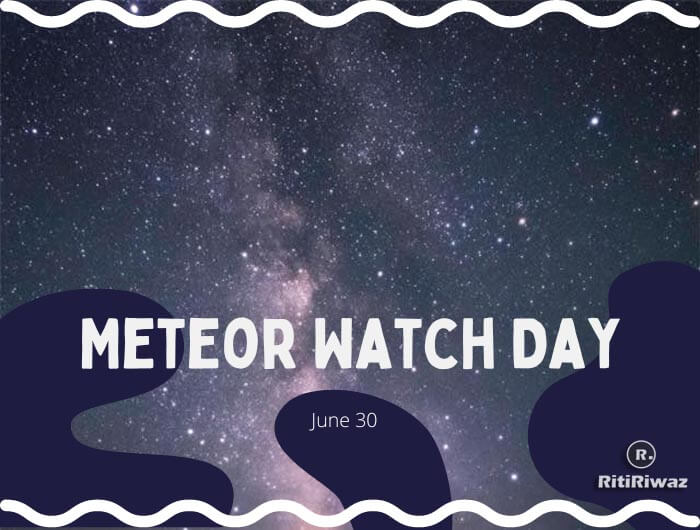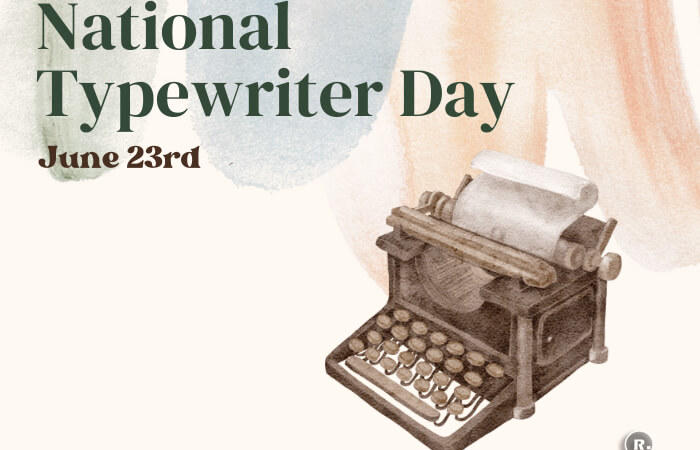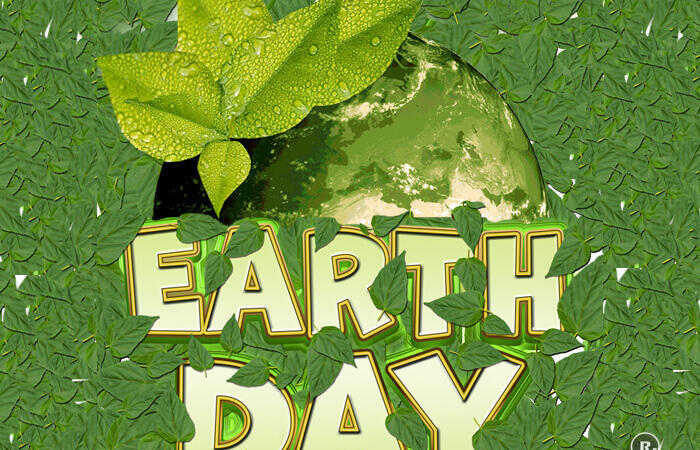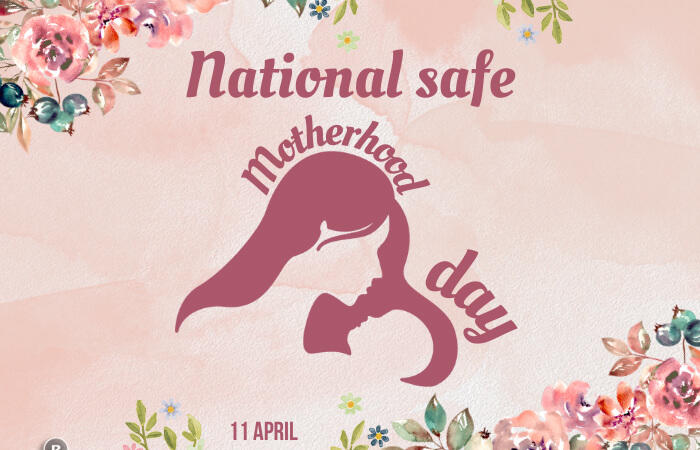Meteor Watch Day – 30 June

National Meteor Watch Day or International Asteroid Day is held on 30th June annually, a day for watching the night sky for incoming space rocks. So turn your peepers upward and watch for falling stars. A meteor shower is a celestial event in which several meteors are inserted to radiate or originate, from one point in the night sky.
April bring showers, May flowers, June brings meteors. It turns out that June is the best month of the year for daytime meteor showers. It’s a day to encourage people to look towards the sky and see the wonder of the celestial fireworks of nature. Not only for watching the sky the day also promote environmental awareness and gives people a reason to get outside and enjoy the beautiful weather.
Meteors are particles from space that burn up as they enter Earth’s atmosphere, causing flashes of light as they vaporize. An asteroid is a small rocky object that orbits the Sun. Asteroids are smaller than a planet, but they are larger than the pebble-sized objects we call meteoroids. Millions of meteors occur daily in the Earth’s atmosphere. The term meteor comes from the Greek meteoron, meaning “phenomenon in the sky”. A meteoroid is a matter revolving around the Sun, or any object in interplanetary space that is too small to be called an asteroid or comet. Most often Meteors do not burn up completely and are kept with Meteorites to collect and study. Most Meteors are only the size of a pebble. Sometimes Meteors occur in groups called Meteor showers. Every day there are millions of meteors that pass through the Earth’s atmosphere and on a cloudless night, it may be possible to spot the glow of a falling star.
History
On June 30, 1908, in broad daylight, a meteoroid hurtled out of the blue sky over Russia’s Tunguska river and exploded, leveling a forest. The event, which researchers are still studying today, kickstarted a new field of astronomy: Daytime meteor showers. On June 2, 2021, meteorite 2021 KT1 safely passed Earth, but experts hadn’t noticed it until it was dangerously close — just a week before it passed us by. You would think these things don’t happen, but they do, so Meteor Day is here to remind us to keep a watchful eye on the skies.
Legend has it that if you wished upon a shooting star the wish would come true. It is believed to have originated in Greece, when a Greek astronomer Ptolemy, around AD 127-151, wrote that the Gods occasionally, out of curiosity, peer down at the Earth from between the spheres. The ancients worshipped meteorites and included them in their religions. In the present day, the black stone set into the eastern corner of the Kaaba is revered by Muslims, and it is often believed to be a meteorite.
Meteor Chemical colors
Meteoroids aren’t just made up of dirt and rock; most carry with them a variety of different minerals that can cause them to glow white, red, orange, green, and even blue as they enter the atmosphere.
- Calcium – purple glow
- Magnesium – blue
- Oxygen and nitrogen – red
- Iron – yellow
- Sodium – orange
How to celebrate the day
To celebrate Meteor Day, spend some time star-gazing tonight, or find out when the next meteor shower is going to happen. You can also host a Meteor watching party. A nighttime gathering of friends and family with food and fun. Find a nice, cloud-free place to watch, count some shooting stars, and make a wish. Find a spot away from city lights, grab a blanket or chair, and scan the sky in your area on 30th June. If you’re lucky, you’ll make a wish on a falling star.
For those who live in areas where there is a slight chance of seeing a meteor shower, get outside and enjoy the beauty of nature. Take a photo and share it on social media using hashtags like #nationalmeteorwatchday and #meteorday.
There is nothing in this world that brings so much peace and happiness than lying under the sky and looking for meteors. Enjoy Meteor Watch day as you scan the night skies in search of meteors. We sure hope you see some tonight!
Meteor – Quotes
- “New ideas come into this world somewhat like falling meteors, with a flash and an explosion.” – Henry David Thoreau
- “The meteorites of 1908 and 1947 had struck uninhabited wilderness; but by the end of the twenty-first century there was no region left on Earth that could be safely used for celestial target practice.” – Arthur C. Clarke
- I would rather be a superb meteor, every atom of me in magnificent glow, than a sleepy and permanent planet. – Jack London
- Great men are meteors designed to burn so that earth may be lighted. – Napoleon Bonaparte
- Men of genius are often dull and inert in society; as the blazing meteor, when it descends to earth, is only a stone. – Henry Wadsworth Longfellow
- Better was it to go unknown and leave behind you an arch, then to burn like a meteor and leave no dust. – Virginia Woolf
- “Sometimes the meaning in life hits you like a meteorite.” – Curtis Tyrone Jones
- “When the dinosaurs go extinct and 75 percent of life goes extinct after a meteor hits the planet, that’s an era boundary. That’s when we change from the Mesozoic to the Cenozoic.” – Kenneth Lacovara
- Meteors are not needed less than mountains, shine, perishing republic. – Robinson Jeffers
- Like mimic meteors the snow, In silence out of Heaven sifts.- Frank Dempster Sherman
Suggested Read: Important Days In June






